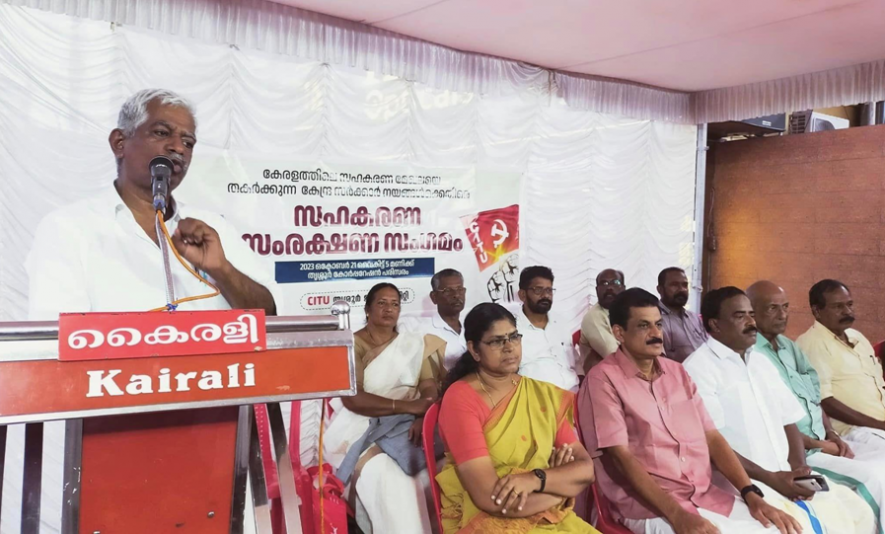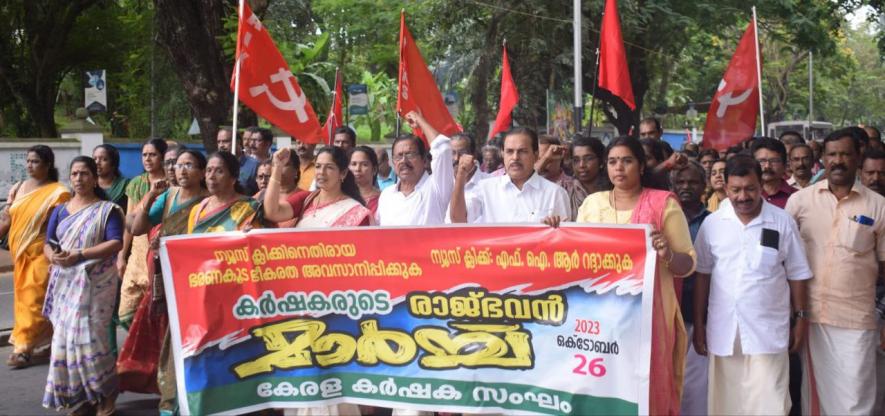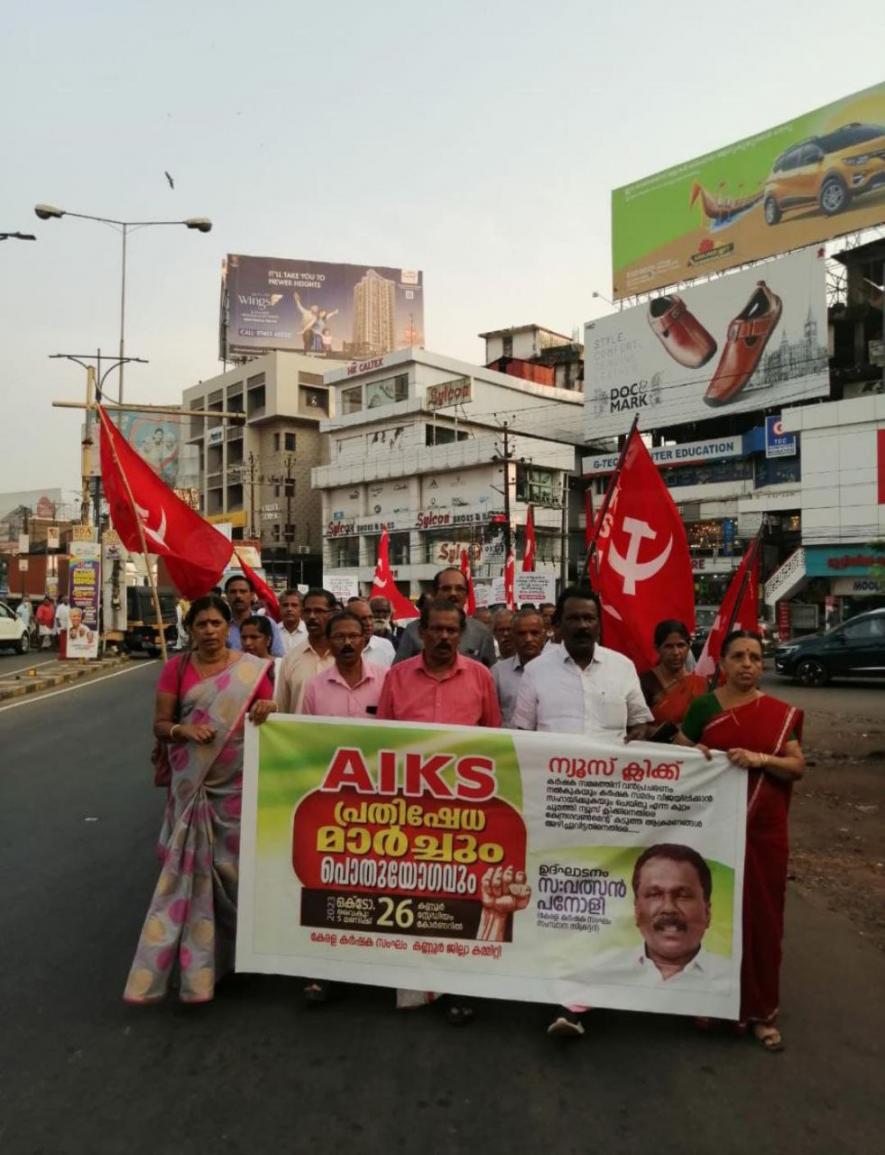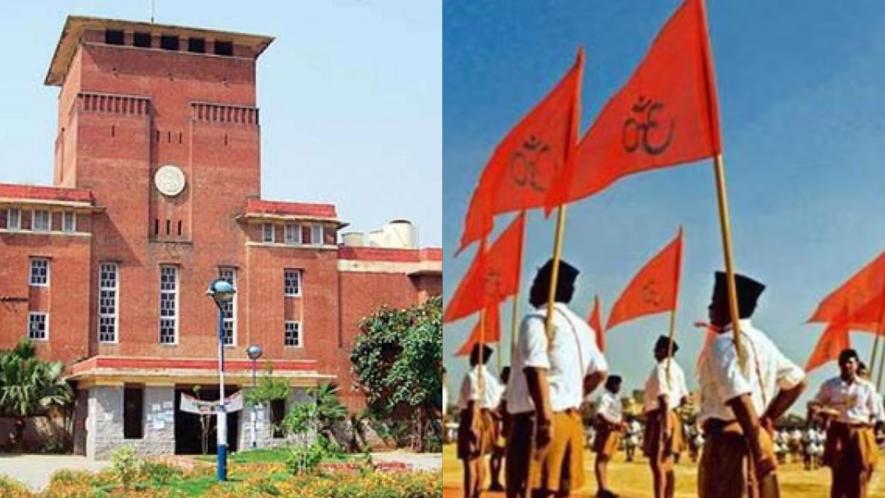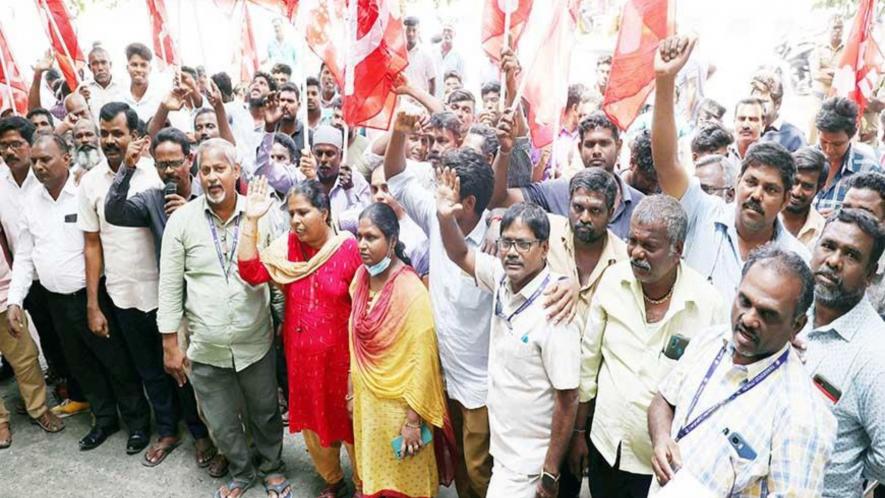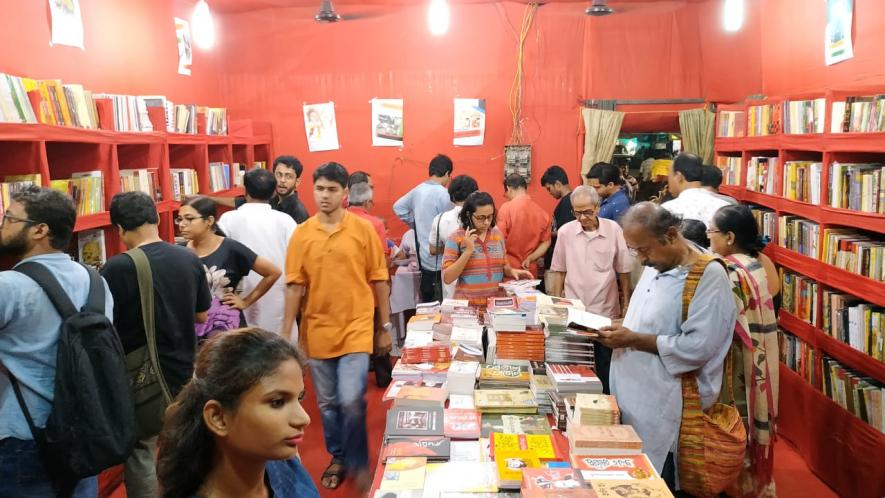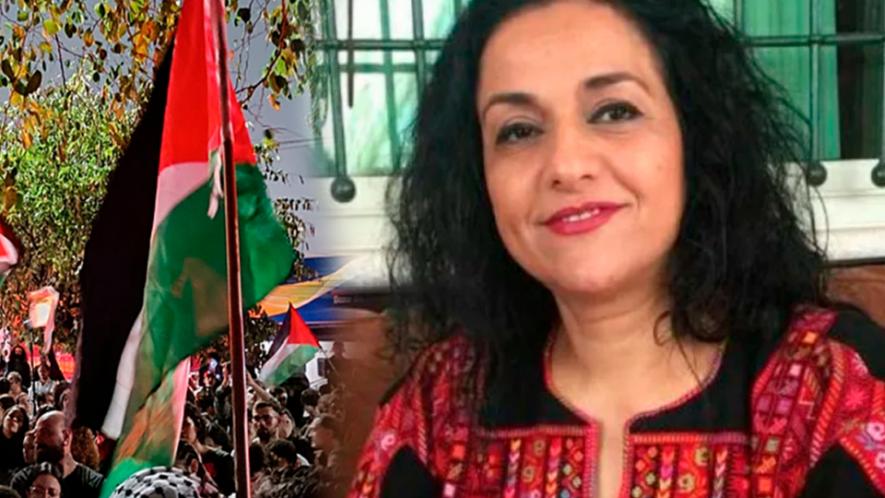Delhi Govt’s Stance on Gig Workers Stirs Controversy, Demand for Separate Board Raised
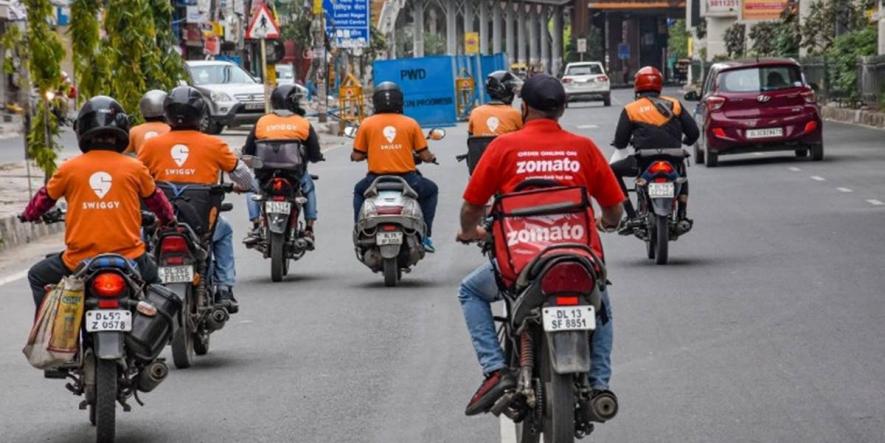
Image credit: PTI
New Delhi: For several years, gig workers across the country have been raising their voices for their rights and against the 'exploitation' they face. The effect of their struggles is such that now the safety and rights of gig workers are being discussed in many states, and laws are also being made. The Delhi government has also talked about making a law for their 'rights'.
However, many labour organisations, including the Gig Workers Union, have raised questions about the 'intentions' of the Delhi government, as it has talked about providing security to gig workers under the 'Construction Workers Welfare Board', which has led to a controversy.
Who are Gig Workers?
Gig workers are people who do app-based work in the private sector. They do not have any direct relation with any owner. After completing tasks on the app, they get a pre-fixed honorarium. The companies these workers are associated with do not call them workers or labourers but 'partners'. Some of these are part-time, while others are full-time employees. These workers do not have any job security and benefits like Employee State Insurance (ESI) and Provident Fund (PF). They also work for less money, and their working hours are not fixed.
What did the Delhi government say?
On October 19, a delegation of the Gig Workers Association and Amazon India Workers Association met the Delhi government and submitted a memorandum. In the memorandum, there was a demand to make a law for gig workers in Delhi, as has been done in Rajasthan.
After this meeting, newspapers quoted Chief Minister Arvind Kejriwal as asking his cabinet minister Atishi to get information about whether these gig workers meet the definition of workers provided under the 'Construction Workers Welfare Board'.
The statement from the CM’s Office said, "The CM also suggested to the association that if the gig workers do not come under the purview of the Construction Workers Welfare Board, then they should seek the help of the Central government in this regard. If the Central government issues a notification, it could potentially solve many of the problems gig workers face. The need for a separate law by the state government may be unnecessary."
The CM mentioned that it was unclear whether state governments had the power to impose taxes (cess).
Kejriwal also said that most state governments have huge funds under the Construction Workers Welfare Board, often not utilised. If gig workers are included under the Construction Workers Welfare Board, they will be entitled to benefits provided by the Delhi government, said the statement quoting the CM.
Why are gig workers' unions, other labour organisations protesting?
Speaking with NewsClick, Nirmal Goran, director of 'Mehnatkash Association', which works with gig workers in Delhi-NCR, said, "The Delhi government currently has no understanding of gig workers and their issues. Perhaps that is why he (Kejriwal) has talked about including gig workers in the construction workers' board or asking for help from that board. This is just not possible. Gig workers also include construction workers, but there are not only construction workers. The way the economy is going, the gig economy seems to be the future in the times to come. Therefore, a separate labour board should be formed for the safety of workers."
Manju Goyal, secretary of Amazon India Workers Association, who was part of the delegation that met the Chief, told NewsClick, "It is clear in the memorandum we have given to the Delhi government that we want a separate law and board for gig workers in Delhi on the lines of Rajasthan. Although the Chief Minister suggested if we could be included in the construction workers' board, we refused because it was impossible. The reason for this is that the places where most gig workers work are multinational companies. In such a situation, no security is possible for us by joining the construction welfare board."
She said, "After the discussion, the Delhi government asked us to give a detailed draft for making a new law. We are working on it and will submit that draft to the government very soon, but we want a separate board because our problems are very different."
‘Delhi Govt's Promise Hollow and Baseless’
Meanwhile, the Delhi state committee of the Central Trade of Indian Trade Unions (CITU) has also objected to the announcement made by the Delhi Government regarding gig workers.
CITU works with both construction workers and gig workers across the country.
Anurag Saxena, general secretary, CITU, Delhi, in a statement said, "Delhi government has made a hollow announcement regarding the social security scheme for gig workers. The announcement came after a meeting with Chief Minister Arvind Kejriwal and Delhi Education Minister Atishi along with representatives of some gig workers organisations."
"Arvind Kejriwal has expressed the need to explore the possibility of starting such a scheme through the Construction Workers Welfare Board. First, it must be underlined that the Construction Welfare Board came into existence due to a Central statute, "Building and Other Construction Workers Act, 1996". The law clearly defines the beneficiaries as well as the entire framework – it is clear that gig workers are not covered under this Act."
Questioning the intentions of the Delhi government, CITU said, "The Delhi government and its inspired NGOs have already created a situation in which the benefits of the Construction Workers Welfare Board are not reaching the genuine construction workers. In such a situation, this announcement of the Aam Aadmi Party government is nothing but a ploy to fool gig workers of Delhi."
It said, "Companies agree to this process because it only hinders the genuine demands of gig workers against ID blocking and other anti-labour practices. The need of the hour is for the state government to identify full-time workers and bring them under the ambit of existing labour laws."
Saxena said, "Gig workers are going to become one of the largest sectors of the working class in the country in the coming years. Making employer-worker relationships invisible has become the main tactic to continue exploitation and circumvent existing laws,” adding that the “hollow” announcement made by the Kejriwal government was the result of its policy of “zero expenditure for the welfare of workers. “
“Note that the money for the Construction Workers Welfare Board includes a cess collected by a law that came into existence due to workers' struggles. The Delhi government continues to ignore the demand of trade unions to create a separate welfare board for other segments of the unorganised workforce," he said.
According to the trade union, "The recent laws introduced by the Rajasthan government and plans to introduce such laws by the Jharkhand and Karnataka governments (despite the limitations of these laws) have been possible only because of workers' struggles and direct action. Here in Delhi NCR, too, we have seen an increase in protests by gig workers, the most notable of which is the ongoing agitation by Urban Company workers led by the CITU-affiliated All India Gig Workers Union."
CITU urged the government to hold discussions with all stakeholders.
In the discussion started by the Delhi government regarding gig workers, there are some essential points that the labour organisations are continuously raising. First, this discussion is still at a preliminary stage. Second, labour organisations say that the government must understand this issue more deeply. Third, labour organisations say that the government wants to spend the welfare money of other workers on gig workers instead of giving money from its budget, which does not seem practical at present. Fourth, these workers are demanding that if the government is serious about them, it should immediately hold discussions with all the parties with an open mind, and the laws made in other states of the country should be studied.
(Translated from Hindi)
